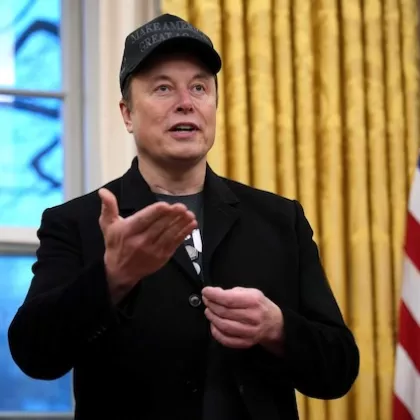Rebuilding America

Rebuilding America
August 12, 2021 | By Dean Sevin Yeltekin
Since the inauguration of President Biden, the nearly $1 trillion infrastructure package championed by his administration has become a lightning rod for partisan wrangling in Congress.
Earlier this summer, I sat down with Josh Goldberg, a director of Summit Consulting, to discuss the need for a more adaptable, agile national infrastructure.
Below is a summary of our conversation on Complexity Simplified, the Summit podcast.
(Josh Goldberg) Recently, Infrastructure Week brought awareness to the importance of infrastructure as an issue that impacts all of us. What aspects of infrastructure resonate most strongly with you?
(Sevin Yeltekin) Looking at it from a macroeconomic viewpoint and a growth viewpoint, carrying out nearly all our economic transactions relies on maintaining basic infrastructure, from roads and airports to energy and broadband. As we’ve learned throughout the pandemic, the ability to have a well-functioning energy electricity grid, as well as broadband, is critical. Without a doubt, infrastructure forms the backbone of how we do business and how we carry out our daily lives.
JG: What are your thoughts on the infrastructure proposal going through Congress?
SY: When I look at the infrastructure bill that is being discussed in Congress, there seems to be a coalescing around making sure that roads, bridges, and airports are well kept and that investments are being made in that domain. That’s encouraging to see.
I do think several things are missing from the current debate. First, we need to explore the possibility of investing in more sustainable forms of energy. I’m thinking about green energy technologies like an electric vehicle charging network. We also need to have a more robust discussion about the future of technology in this country. If we continue using Zoom and Teams to hold many of our business meetings, a good deal of business travel may be curtailed, and that changes the transportation capacity we require. We certainly don’t want to overbuild infrastructure and then have it sit idle.
The other point I want to make is that we need to have more of a discussion around building more general-use, agile infrastructure. We certainly can’t move highways or airports around, but we can repurpose them to become multi-use. And then in terms of assets like hotels and taxis, the private sector has already figured out that we can become more agile with platforms like Uber and Airbnb to handle excess capacity. We don’t actually need to build that many more hotels or issue more taxi medallions to support our infrastructure.
JG: It’s easy to lose sight of all the zeros that are associated with the recent infrastructure proposals. That gets to a question folks often think about, which is getting the most bang for your buck for social stimulus. I know this has been an area of concentration for you, so would love to hear your thoughts on that.
SY: Absolutely. A good way to frame the debate is to think about the multiplier effect. When you put a dollar into the economy in terms of infrastructure versus a dollar into the economy in terms of a tax rebate, what is the end result? Does the dollar become two dollars, a dollar and a half, or less than a dollar? There’s a tremendous amount of research in this area that’s been going on for decades. Unfortunately, it’s hard to point to conclusive evidence that we can tightly estimate these multipliers. It comes down to what we know about firm and household behavior—who is more likely to save and who is more likely to spend. If we want to do a stimulus, it has to be timely and it has to be quick. We want people to spend it so it goes back into the economy.
In any kind of fiscal policy decision, we have some guiding principles about how to think through these problems. One major issue, of course, is how we will pay for that stimulus. Another is how to define the objective. Do we just want more consumption in the economy, or do we want to prop up employment to ensure that people don’t lose their jobs? These are fundamental questions we need to ask whenever we do any type of policy design.
To listen to the full podcast, click here.

Sevin Yeltekin, Dean
August 11, 2021
Follow the Dean’s Corner blog for more expert commentary on timely topics in business, economics, policy, and management education. To view other blogs in this series, visit the Dean's Corner Main Page.











